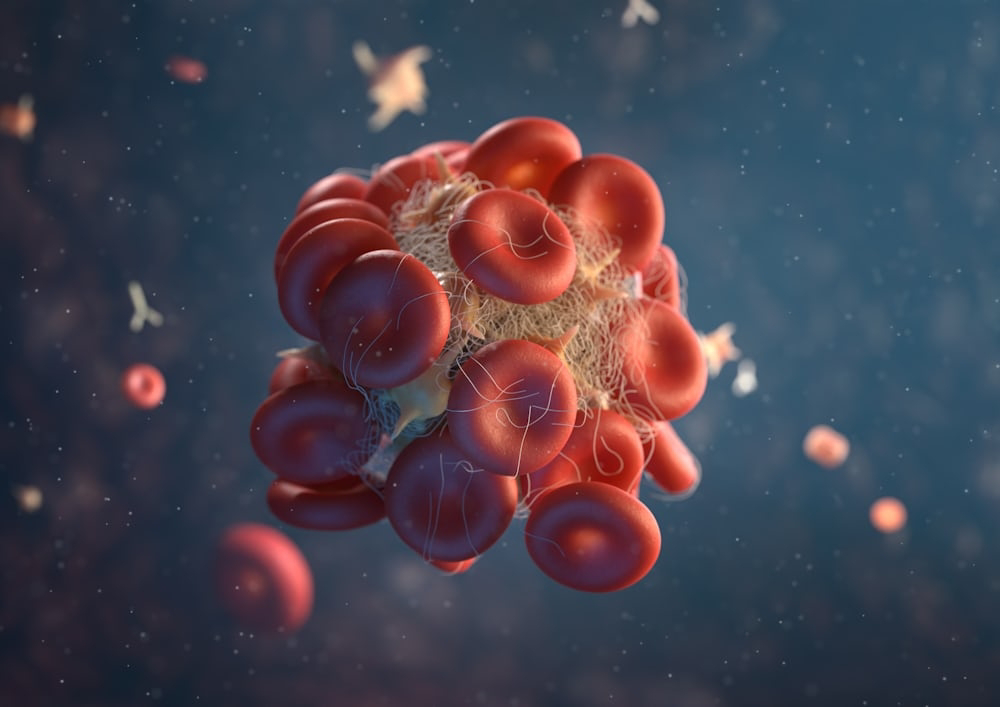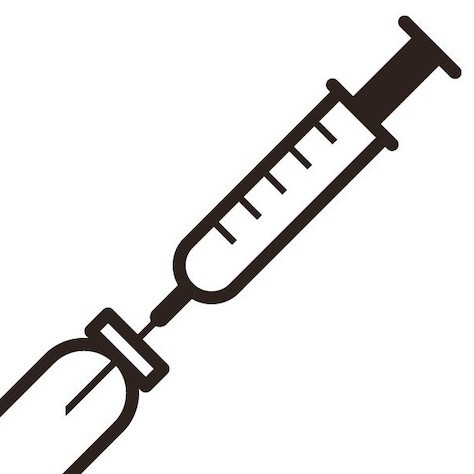Life Expectancy and Quality of Life on Testosterone Replacement Therapy (TRT)
Testosterone Replacement Therapy (TRT) is a medical treatment primarily used to address low testosterone levels in men, a condition known as hypogonadism. As men age, their testosterone levels naturally decline, leading to various symptoms such as fatigue, reduced muscle mass, and decreased libido. TRT aims to alleviate these symptoms and improve quality of life. However, there is ongoing debate about the long-term effects of TRT on life expectancy. This article explores the potential impacts of TRT on life expectancy, examining the benefits and risks associated with the therapy.
Benefits of TRT
Improved Cardiovascular Health:
- Heart Health: Some studies suggest that TRT can improve heart health by reducing fat mass, increasing lean body mass, and potentially improving lipid profiles. Low testosterone levels have been linked to an increased risk of cardiovascular diseases, and TRT might mitigate this risk by promoting healthier body composition and metabolism.
- Blood Pressure: TRT has been associated with improvements in blood pressure regulation. Testosterone plays a role in vascular health, and adequate levels can help maintain the elasticity of blood vessels, reducing the risk of hypertension.
Enhanced Bone Density:
- Osteoporosis Prevention: Testosterone is crucial for bone density. Men with low testosterone levels are at a higher risk of developing osteoporosis. TRT can help increase bone mineral density, reducing the risk of fractures and bone-related issues as men age.
Muscle Mass and Strength:
- Sarcopenia Mitigation: Sarcopenia, the loss of muscle mass and strength associated with aging, can be mitigated with TRT. Testosterone promotes muscle protein synthesis, helping maintain and even increase muscle mass, which is vital for overall health and mobility in older adults.
Cognitive Function and Mental Health:
- Mood and Depression: Low testosterone levels are linked to mood swings, depression, and cognitive decline. TRT can improve mood, reduce symptoms of depression, and enhance cognitive functions, contributing to better mental health and overall quality of life.
- Memory and Cognitive Skills: Some studies suggest that maintaining optimal testosterone levels can help preserve memory and cognitive skills, potentially lowering the risk of neurodegenerative diseases like Alzheimer’s.
Risks and Considerations
Cardiovascular Risks:
- Mixed Evidence: While some studies highlight cardiovascular benefits, others have raised concerns about the potential risks of TRT, such as increased hematocrit levels (leading to thicker blood) and a higher risk of cardiovascular events like heart attacks and strokes. The relationship between TRT and cardiovascular health remains complex and requires individualized assessment.
- Monitoring: Regular monitoring of blood parameters, including hematocrit and lipid profiles, is essential for individuals on TRT to mitigate potential cardiovascular risks.
Prostate Health:
- Prostate Cancer: There has been concern about the potential link between TRT and prostate cancer. Current evidence suggests that TRT does not significantly increase the risk of developing prostate cancer, but it can stimulate the growth of pre-existing prostate cancer. Regular screening and monitoring of prostate-specific antigen (PSA) levels are recommended for men on TRT.
- Benign Prostatic Hyperplasia (BPH): TRT can exacerbate symptoms of BPH, a common condition in older men characterized by an enlarged prostate gland, leading to urinary difficulties.
Sleep Apnea:
- Respiratory Concerns: TRT can potentially worsen sleep apnea, a condition where breathing repeatedly stops and starts during sleep. This risk necessitates careful evaluation and monitoring, particularly for individuals with pre-existing sleep apnea.
Fertility Issues:
- Spermatogenesis: TRT can suppress natural testosterone production and spermatogenesis, leading to reduced sperm count and infertility. This is a significant consideration for men who wish to maintain their fertility.
Life Expectancy Considerations
The impact of TRT on life expectancy is influenced by several factors, including the individual’s overall health, adherence to treatment protocols, and the management of potential risks. Here are some key considerations:
Individualized Treatment:
- Tailored Therapy: Life expectancy outcomes can vary based on how well the therapy is tailored to the individual’s specific needs. Personalized dosing and regular monitoring are crucial to maximize benefits and minimize risks.
Lifestyle Factors:
- Healthy Lifestyle: Combining TRT with a healthy lifestyle, including a balanced diet, regular exercise, and avoiding smoking and excessive alcohol consumption, can enhance the positive effects of the therapy and improve overall life expectancy.
Regular Monitoring:
- Medical Supervision: Continuous medical supervision, including regular blood tests and health check-ups, is essential to ensure the safe and effective use of TRT. Monitoring helps in early detection of any adverse effects and allows for timely adjustments to the treatment plan.
Age and Comorbidities:
- Age-Related Factors: Older adults may have different responses to TRT compared to younger individuals. The presence of comorbidities, such as diabetes or cardiovascular diseases, can also influence the overall impact of TRT on life expectancy.
Testosterone Replacement Therapy offers significant benefits for men with low testosterone levels, potentially improving quality of life and addressing various health issues related to aging. However, the long-term effects of TRT on life expectancy remain a complex and debated topic. While some studies highlight potential cardiovascular and cognitive benefits, others raise concerns about risks such as cardiovascular events, prostate health, and sleep apnea.
The key to maximizing the benefits of TRT while minimizing risks lies in individualized treatment, regular monitoring, and maintaining a healthy lifestyle. Men considering or undergoing TRT should work closely with their healthcare providers to develop a comprehensive treatment plan that addresses their specific needs and health conditions. With proper management, TRT can be a valuable tool in promoting healthy aging and improving life expectancy for men with hypogonadism.







Comments
Post a Comment